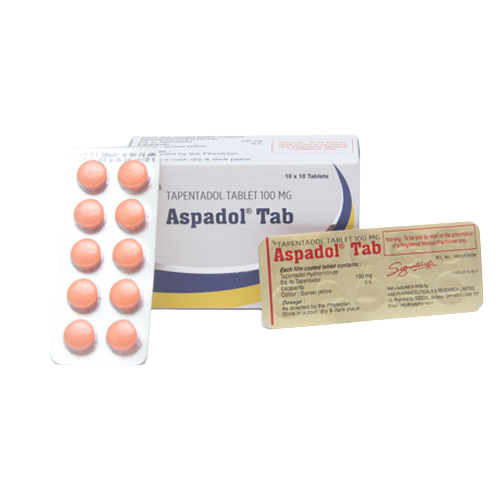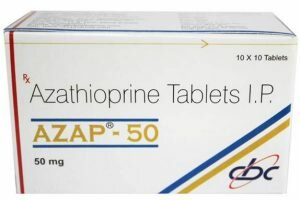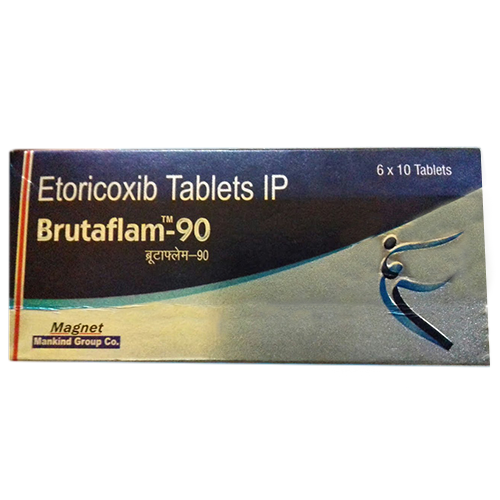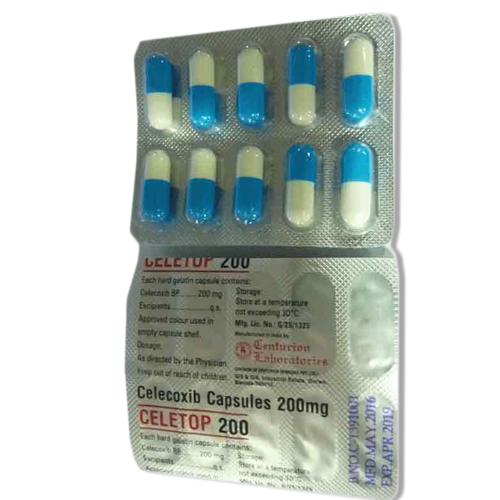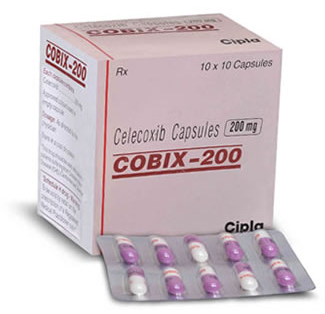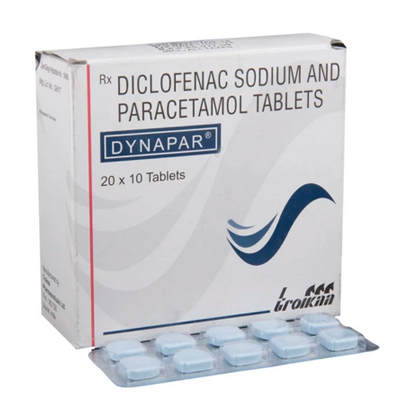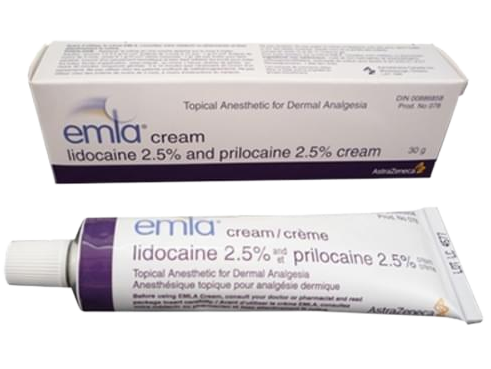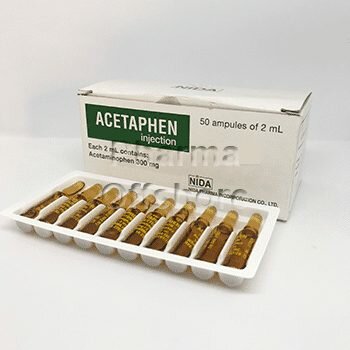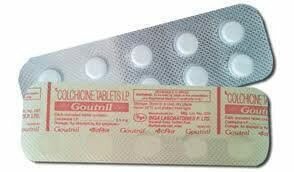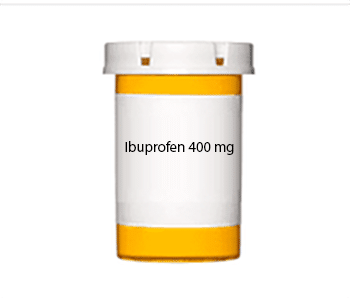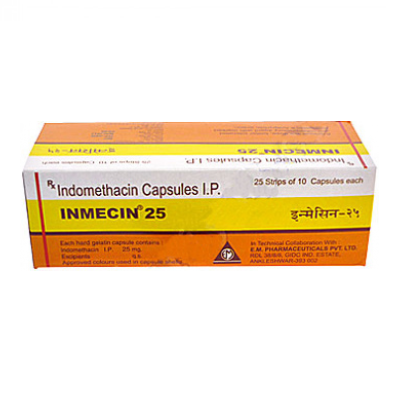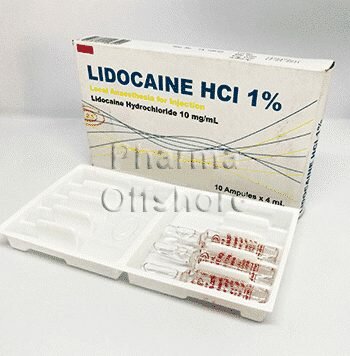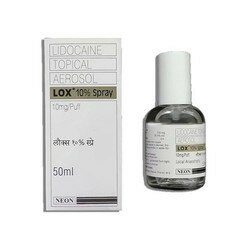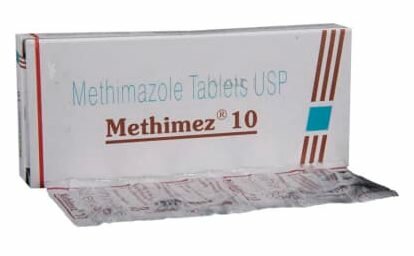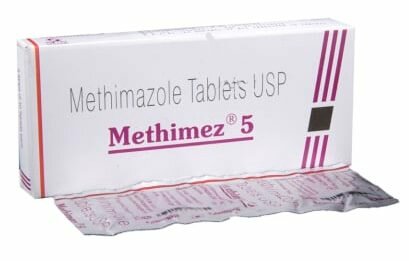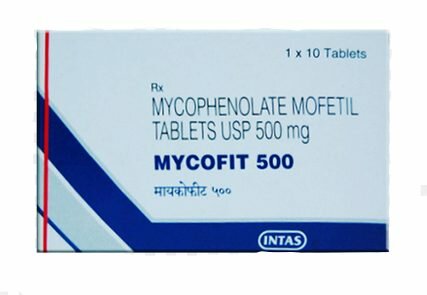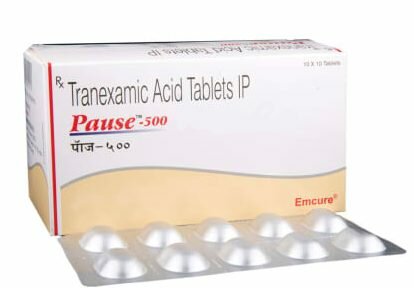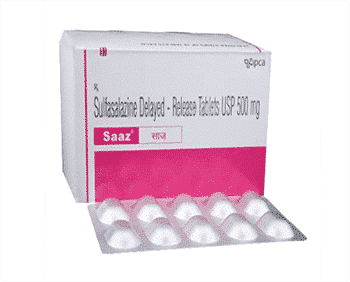Pain Relief
Showing 1–20 of 44 results
-
Pain Relief
Aspadol (Tapentadol) 100mg, 90 tabs
Product Name: Aspadol
Price/Tab: $ 2.65
Active Ingredient: Tapentatol
Manufacturer: Signature Pharma
Drug Type: Opiate (narcotic) analgesics
Common brand names: Tydol, Nucynta, Palexia, Yantil, Tapenta, Aspadol,Tapentadol is used to help relieve moderate to severe short-term pain (such as pain from an injury or after surgery). It belongs to a class of drugs known as opioid analgesics. It works in the brain to change how your body feels and responds to pain.
SKU: n/a -
Anti-inflammatory, Pain Relief
Ibuprofen 400 mg x 100 tabs
Price/Pill: $0.29
Generic Name: Ibuprofen
Brand Name: Various
Brands: Advil Migraine, Advil, NeoProfen, Caldolor, Ibuprofen IB, I-Prin, Ibu-Drops, Infant’s Ibuprofen, Ibuprofen Jr Strength, Infant’s Advil, and moreIbuprofen is a nonsteroidal anti-inflammatory drug (NSAID). It works by reducing hormones that cause inflammation and pain in the body. Ibuprofen is used to reduce fever and treat pain or inflammation caused by many conditions such as headache, toothache, back pain, arthritis, menstrual cramps, or minor injury.
SKU: n/a -
Pain Relief
Lidocaine HCI (Lidocaine Hydrochloride) 1%, 4 ml – 10 amps
Price/Amp: $0.79
Generic Name: Lidocaine Hydrochloride 10 mg/mL – Ampules x 4 ml
Manufacturer: L.B.SAntiarrhythmic and AnestheticIt can treat irregular heartbeats (arrhythmias). It can also relieve pain and numb the skin.Brands: Lidoderm, Recticare, Lidocaine Viscous, Anecream, Glydo, LidoPatch, AneCream5, Buffered Lidocaine, LidoRx, Xylocaine-MPFSKU: 1336
Pain Medications
Over-the-Counter Pain Relievers
Over-the-counter (OTC) pain relievers include:
- Acetaminophen (Tylenol)
- Nonsteroidal anti-inflammatory drugs (NSAIDs), including ibuprofen (Motrin, Advil) or naproxen (Aleve, Naprosyn)
Both acetaminophen and NSAIDs reduce fever and relieve pain caused by muscle aches and stiffness, but only NSAIDs can also reduce inflammation (swelling and irritation). Acetaminophen and NSAIDs also work differently. NSAIDs relieve pain by reducing the production of prostaglandins, which are hormone-like substances that cause pain. Acetaminophen works on the parts of the brain that receive the “pain messages.” NSAIDs are also available in a prescription strength that your physician can prescribe.
Using NSAIDs increases the risk of heart attack or stroke and has also been known to cause stomach ulcers and bleeding. They can also cause kidney problems.
Topical pain relievers are also available without a doctor's prescription. These products include creams, lotions, or sprays applied to the skin to relieve pain from sore muscles and arthritis. Some examples of topical pain relievers include Aspercreme, Ben-Gay, Icy Hot, and Capzasin-P.
Prescription Pain Relievers
Prescription pain relievers include:
- Corticosteroids
- Opioids – Tramadol is in that category
- Antidepressants
- Anticonvulsants (anti-seizure medications)
- Nonsteroidal anti-inflammatory drugs (NSAIDs)
- Lidocaine patches
What Are Corticosteroids?
Prescription corticosteroids provide relief for inflamed areas of the body by easing swelling, redness, itching, and allergic reactions. Corticosteroids can be used to treat allergies, asthma, and arthritis. When used to control pain, they are generally given pills or injections that target a certain joint. Examples include prednisone, prednisolone, and methylprednisolone.
Prescription corticosteroids are strong medicines and may have serious side effects, including:
- Weight gain
- Upset stomach
- Headache
- Mood changes
- Trouble sleeping
- Weakened immune system
- Thinning of the bones
To minimize these potential side effects, corticosteroids are prescribed in the lowest dose possible for as short of a length of time as needed to relieve the pain.
https://www.webmd.com/pain-management/guide/pain-relievers#1

